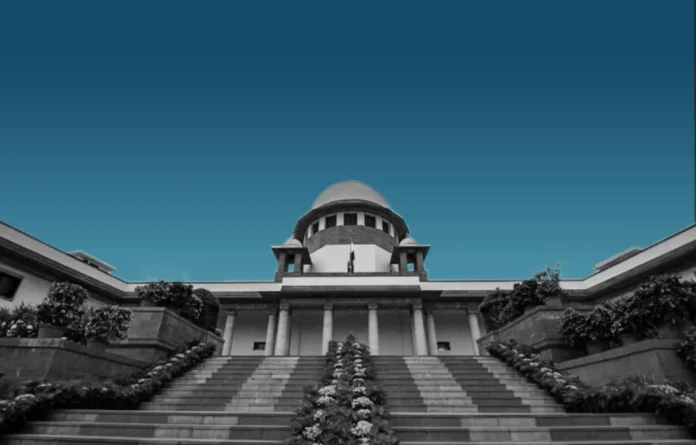The Supreme Court of India has intervened to prevent the Assam Police from taking coercive action against senior journalists Karan Thapar and Siddharth Varadarajan. The court’s decision follows the issuance of fresh summons under Section 152 of the Bharatiya Nyaya Sanhita (BNS), a provision addressing acts that endanger India’s sovereignty, unity, and integrity.
A bench comprising Justices Surya Kant and Joymalya Bagchi directed that no coercive measures, including arrest, be taken against the journalists, provided they cooperate with the ongoing investigation. The matter is scheduled for further hearing on September 15, 2025 .
This legal development follows a series of actions by the Assam Police against The Wire’s editorial team. Earlier, the police had registered a case under Section 152 BNS concerning an article on “Operation Sindoor.” Despite the Supreme Court granting interim protection from arrest in that instance, the authorities issued new summons in a separate First Information Report (FIR) registered in a different district, raising concerns about potential harassment and misuse of legal provisions .
Senior Advocate Nitya Ramakrishnan, representing the journalists, argued that the successive FIRs appeared to be a deliberate attempt to intimidate and suppress independent journalism. She emphasized that the new summons were issued shortly after the Supreme Court’s earlier intervention, suggesting a pattern of retaliatory actions.
The People’s Union for Civil Liberties (PUCL) has condemned the Assam Police’s actions, calling for the withdrawal of all prosecutions against Varadarajan and Thapar. The PUCL described the repeated use of Section 152 BNS as a tactic to stifle dissent and undermine press freedom.
This case underscores ongoing concerns about the application of sedition laws and their impact on journalistic independence in India. The Supreme Court’s upcoming hearing in September will be closely watched for its implications on press freedoms and the scope of legal protections for journalists


